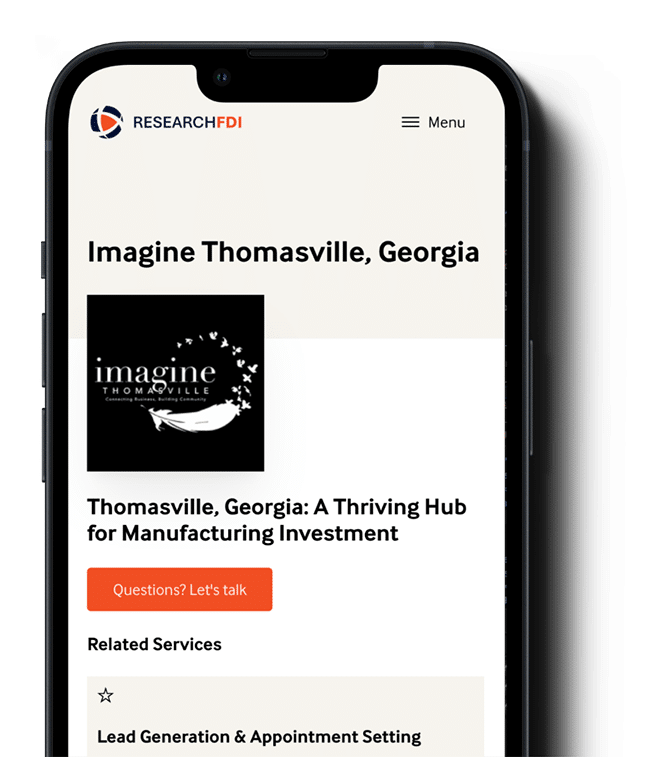In mid-March, the COVID-19 pandemic reshaped the world. Everybody went into lockdown, people started working from home, and we all bought a comical amount of toilet paper.
As the world flipped upside-down, big tech companies became uncharacteristically proactive. Facebook, Google, and Twitter released statements that their social media platforms would be used to link to high-quality information directly from the trusted sources of the World Health Organization and the Centers for Disease Control, and what they labeled as ‘misinformation’ would be monitored and even removed. In essence, big tech companies decided that they were going to be the trusted and fact-giving source for all coronavirus-related news and updates.
Other big tech players, namely Amazon, Apple, and Microsoft, joined Facebook and Google in the donations of precious N95 face masks, pledged hundreds of millions in grants to small businesses, and started hiring thousands of workers.
Essentially, in a time of fear and mass hysteria, big tech companies became beacons of hope. (At least, that’s what they wanted to be perceived as.)
Because, during a time when we couldn’t do anything, our virtual friends Facebook, Twitter, Instagram, TikTok, Whatsapp, HouseParty, and Snapchat were all there for us. Amazon became the go-to solution for getting supplies and Uber was the answer to getting food, since going outside and getting it ourselves was no longer an option.
After years of perceiving big tech companies as evil behemoths who were after our personal data, we became reliant on them to help us get through the worst pandemic of the modern world. As if tech companies weren’t entwined into our lives enough before the pandemic, they certainly were after it. We used to enjoy scrolling through them on our breaks but the pandemic meant we became undeniably reliant on them.
The big 5
The stocks for the top-performing tech companies (Amazon, Facebook, Google, Apple, and Microsoft) are all at near all-time highs. For the millions of people working from home, tech became more essential than ever. Board room meetings became video calls, virtual messaging took over the office’s water cooler talk, and everyone turned to apps to supply them with their most basic needs.
The big tech companies knew they were in the driver’s seat and used the onset of the pandemic to pounce on getting into people’s lives even more. Facebook launched Rooms, a video conference branch to combat Zoom, Microsoft added Teams to compete with Slack, and Facebook and Amazon continued steady growth throughout.
Amazon specifically, came out of the pandemic arguably as strong as it had ever been. With the closing of so many retail stores, tacked on to the general anxiety of going into public, more people turned to online shopping to get their supplies. While other businesses were forced to close their doors and lay off workers, Amazon hired 100,000 people to keep up with demand. In an email sent to his company’s employees, Amazon CEO Jeff Bezos — who in August became the first person in modern history to accumulate a fortune of over US$200 billion — said, “people are depending on us.”
- Read also:
Apart from seemingly feeding us and delivering our needs, tech companies also opted to help us monitor who we should get close to. In March, the Singapore government announced it would be developing software for its contact-tracing app, TraceTogether, which through the use of Bluetooth, would help identify people who have been in close contact with citizens who tested positive for COVID-19.
Other governments around the world soon followed suit, offering citizens the chance to let an app on your phone dictate who you should and shouldn’t get close to.
At the end of March, Twitter locked the account of a conservative opinion site “The Federalist,” for an op-ed article that suggested an outside-the-box solution to the pandemic. The piece proposed the deliberate spread of the virus in order to boost immunity to the disease. The article’s author, Dr. Douglas Perednia, wrote that a “controlled infection,” modeled after the chickenpox should be a measure considered by public health officials.
Twitter took aggressive measures to crack down what they deemed was misinformation and the social media platform deleted The Federalist’s tweets and locked their page claiming, “the account was temporarily locked for violating the Twitter Rules regarding COVID-19.”
The aftermath
For the tech world, the pandemic ended up being the perfect storm. As the world starts to stabilize its collective feet in the near six-months since the pandemic struck, the world will continue to rely on big tech companies more than ever as more people will continue to work from home, an increasing shift to online retail, and the replacement of in-person meetings with virtual ones.
In short, as most sectors throughout the world were hit hard by the coronavirus, big tech got even more dominant. Since March, the tech-heavy NASDAQ-100 index rose more than 40 percent, led by stocks of the big 5 companies – Facebook, Amazon, Apple, Microsoft, and Google.
Now, it seems like tech companies are inescapable. Try to imagine dealing with the pandemic without the internet; connecting with people over long distances, e-commerce, and even ordering food. Consider that Facebook’s core products, it’s main function, Instagram, and WhatsApp, are used by over half of the people who are online all over the world.
The pandemic revealed how influential and how much power is (literally) in the hands of the biggest tech companies on the planet. The advantages of big tech companies are clear and there’s no denying how useful they can be, but the fact that they can be so persuasive over a worldwide reach should be worrisome. Should we all be ready to give so much of the world’s data, information, and power to a handful of American companies? Because, just like the virus it was meant to protect us from, big tech has the potential to spread out just as far and just as fast.
If not more.




